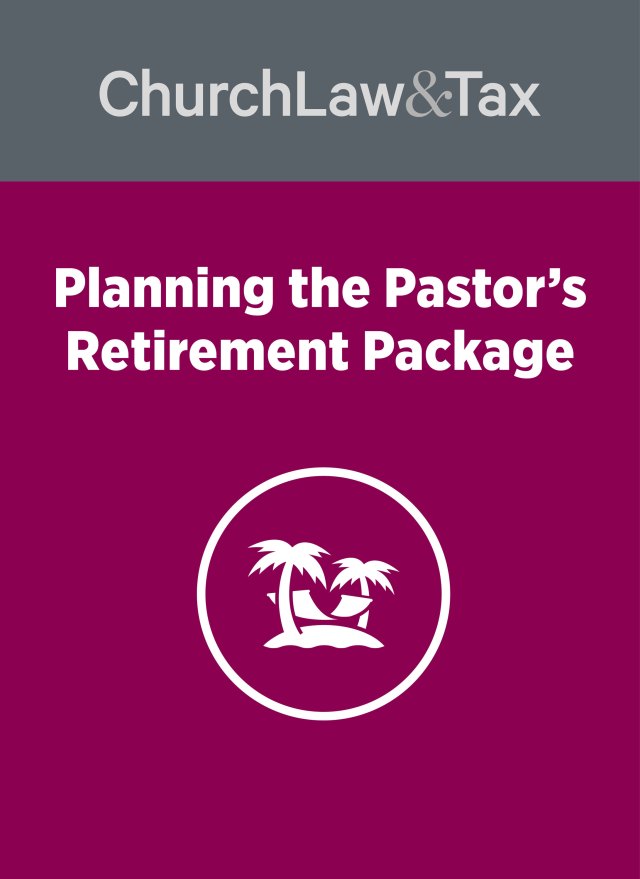A minister’s earnings from performing ministerial duties are considered “net earnings from self-employment” under IRC Section 1402(a)(8). This means ministers are generally classified as self-employed for Social Security and Medicare purposes—even if considered common law employees for other tax purposes.
However, ministers may opt out of the Social Security system by filing Form 4361, Application for Exemption from Self Employment Tax for Use by Ministers, Members of Religious Orders, and Christian Science Practitioners. This article explains the qualifications, filing requirements, and important considerations for this decision.
Key Takeaways:
- Ministers can seek a Social Security exemption by filing Form 4361.
- The exemption is based on conscientious or theological objections.
- Strict filing deadlines and rules apply; late submissions are not accepted.
Who Qualifies for the Exemption?
The exemption is available to ministers, members of religious orders, and Christian Science Practitioners. For ministers, the key qualifications include:
- Being a licensed, commissioned, or ordained minister of a U.S. church.
- The church must qualify as tax-exempt under IRC Section 501(c)(3) and as a church under IRC Section 170(b)(1)(A)(i).
The IRS treats the terms “licensed,” “commissioned,” and “ordained” as interchangeable unless a church’s bylaws distinguish duties by credential level. Ministers should keep a copy of their church’s bylaws in case the IRS requests proof of their role.
Basis for Exemption
The exemption is not granted for financial concerns or doubts about the Social Security system’s viability. Instead, it must stem from a minister’s:
- Conscientious objection or theological opposition to accepting public insurance benefits, such as those provided under the Social Security Act.
Before approving a Form 4361, the IRS contacts the minister to confirm that their beliefs are sincerely held and require the minister to inform their ordaining body of the application.
Filing Deadlines and Process
Ministers must file Form 4361 by the due date of their tax return (including extensions) for the second year after they earned $400 or more in self-employment income from ministerial services. Filing late disqualifies the exemption, with no exceptions.
Steps to file:
- Submit Form 4361 in triplicate with supporting documents (e.g., credentials, church qualifications).
- Mail the form to the address listed on its instructions.
- Use certified mail to retain proof of timely filing.
If the form is not filed correctly or on time, the exemption is denied. Attempts to restart the filing deadline by obtaining new credentials are unlikely to succeed unless accompanied by a documented change in beliefs and churches.
Note: Ministers should retain a copy of the approved Form 4361. The IRS rarely provides replacements, and losing this document can lead to unexpected tax liabilities.
Effective Date and Permanency
In most cases, the effective date of the exemption is the date the minister receives credentials. However, ministers must pay self-employment tax until the IRS approves the exemption. They can later amend returns to request refunds for overpaid taxes, if applicable.
Once granted, the exemption cannot be revoked at the minister’s discretion. It is only nullified if approval was based on incorrect information or financial motives. Congress has occasionally allowed ministers to re-enter the system, but these opportunities are rare, with the last occurring in 1999.
Weighing the Decision Carefully
Opting out of Social Security is a significant and permanent decision. Young ministers should not file Form 4361 solely because it seems like a “good deal.” Filing requires an understanding of the requirements and consequences, including:
- Replacing forfeited retirement, disability, and survivor benefits with alternative plans.
- Being prepared to defend the religious basis for the exemption.
As noted in Church Compensation, Second Edition, ministers should plan ahead to ensure they can cover future financial needs. Waiting until age 60 or older to address these concerns is too late.
FAQs
- What is Form 4361?
Form 4361 allows ministers to apply for exemption from self-employment taxes based on religious objections. - Can a minister revoke the exemption later?
No, the exemption is permanent unless granted under incorrect information. - What happens if a minister files Form 4361 late?
Late filings are not accepted, and the minister remains subject to self-employment taxes. - Does opting out of Social Security affect retirement benefits?
Yes, ministers must independently plan to replace benefits they forfeit by opting out.



